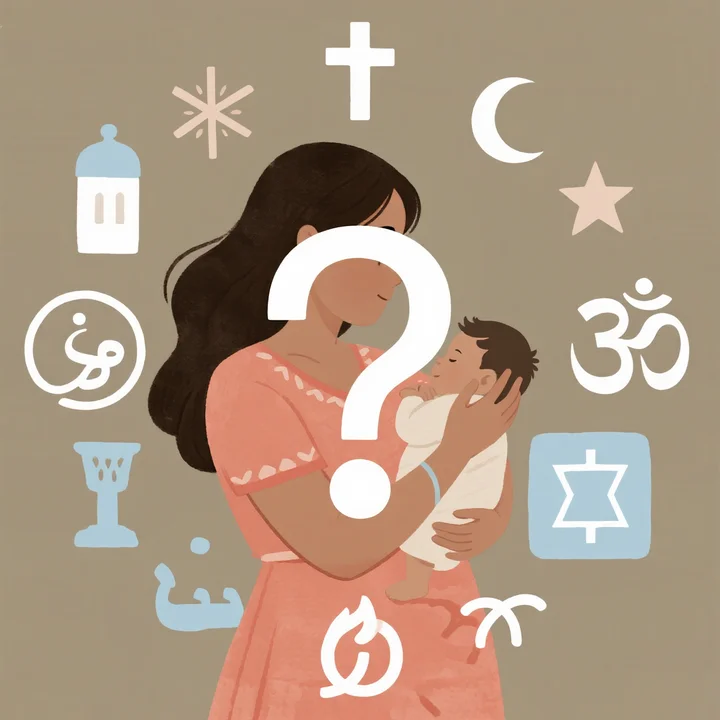The question of whether surrogacy is a sin depends on religious beliefs, interpretations of scripture, and ethical considerations. Different faiths have varying stances—some oppose it, while others permit it under certain conditions.
Here’s a breakdown of major religious views on surrogacy:
1. Christianity: Divided Views
A. Catholicism – Generally Forbidden
- Official stance: The Catholic Church opposes surrogacy, considering it a violation of natural law.
- Why?
- It separates procreation from marital intimacy.
- It may involve third-party reproduction (donor eggs/sperm), which the Church rejects.
- Source: Catechism of the Catholic Church (2376-2377)
B. Protestantism – Mixed Views
- Evangelicals: Some oppose surrogacy, while others accept it if no donor gametes are used.
- Mainline Protestants (e.g., Anglicans, Lutherans): Often more accepting, especially for infertile couples.
C. Orthodox Christianity – Typically Opposed
- Similar to Catholicism, surrogacy is seen as interfering with God’s plan for procreation.
2. Islam: Controversial but Conditional Acceptance
- Sunni Islam: Generally forbids surrogacy because it involves:
- Mixing lineages (if donor eggs/sperm are used).
- Non-marital pregnancy (if the surrogate is not the wife).
- Shia Islam: Some scholars allow gestational surrogacy if:
- The egg and sperm come from a married couple.
- The surrogate is not the biological mother.
- Source: IslamOnline Fatwa on Surrogacy
3. Judaism: Permitted with Restrictions
- Orthodox Judaism:
- Allows gestational surrogacy if the egg is from the intended mother (or a Jewish donor).
- Forbids traditional surrogacy (where the surrogate is the biological mother).
- Reform & Conservative Judaism: More lenient, often supportive of surrogacy for LGBTQ+ couples.
- Source: Jewish Law (Halacha) on Surrogacy
4. Hinduism & Buddhism: Generally Accepting
- Hinduism: No strict bans; surrogacy is seen as a compassionate act (e.g., helping infertile couples).
- Buddhism: Focuses on intention—if surrogacy is done ethically, it’s not sinful.
5. Ethical Concerns Beyond Religion
Even outside faith, debates include:
- Exploitation risk: Are surrogates treated fairly?
- Commercialization: Should pregnancy be a paid service?
- Child welfare: Does surrogacy harm the child’s identity?
6. Final Answer: It Depends on Your Faith
✅ Permitted: Judaism (with conditions), Hinduism, Buddhism.
⚠ Conditional: Some Protestant and Shia Muslim views.
❌ Forbidden: Catholicism, Orthodox Christianity, Sunni Islam.
Personal decision? Consult your religious leader + fertility ethics expert.




